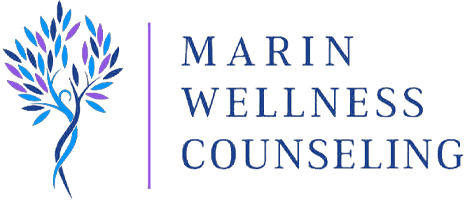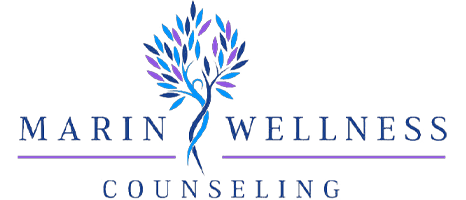Techniques for Managing Panic Attacks
Posted: November 12, 2024

Panic attacks can be overwhelming and debilitating experiences. However, with the right techniques, you can manage and reduce their frequency and intensity. Here are some effective strategies to help you cope:
1. Deep Breathing Exercises
- Diaphragmatic Breathing: This technique involves deep, slow breaths that can calm the nervous system. Inhale slowly through your nose, filling your belly, then exhale slowly through your mouth.
- 4-7-8 Breathing: Inhale for 4 seconds, hold for 7 seconds, and exhale for 8 seconds. Repeat this cycle several times.
2. Grounding Techniques
- 5-4-3-2-1 Technique: Engage your senses to ground yourself in the present moment. Identify 5 things you can see, 4 things you can touch, 3 things you can hear, 2 things you can smell, and 1 thing you can taste.
- Mindfulness Meditation: Practice mindfulness meditation to focus on the present moment and reduce anxiety.
3. Cognitive Behavioral Techniques (CBT)
- Challenge Negative Thoughts: Identify and challenge negative thoughts that trigger panic attacks. Replace them with more realistic and positive thoughts.
- Exposure Therapy: Gradually expose yourself to situations that trigger panic attacks in a controlled environment. This can help reduce fear and anxiety over time.
4. Physical Activity
- Regular Exercise: Engage in regular physical activity, such as walking, running, or yoga. Exercise can help reduce stress and anxiety.
5. Healthy Lifestyle
- Balanced Diet: A balanced diet can improve your overall well-being and reduce the frequency of panic attacks.
- Adequate Sleep: Prioritize quality sleep to ensure your body and mind are well-rested.
- Limit Caffeine and Alcohol: Excessive caffeine and alcohol can exacerbate anxiety symptoms.
6. Professional Help
- Therapy: A therapist can provide guidance and support in developing coping strategies and managing panic attacks.
- Medication: In some cases, medication may be prescribed to help manage symptoms.
Remember, it’s important to consult with a healthcare professional to develop a personalized treatment plan. By combining these techniques with professional guidance, you can effectively manage panic attacks and improve your overall quality of life.

